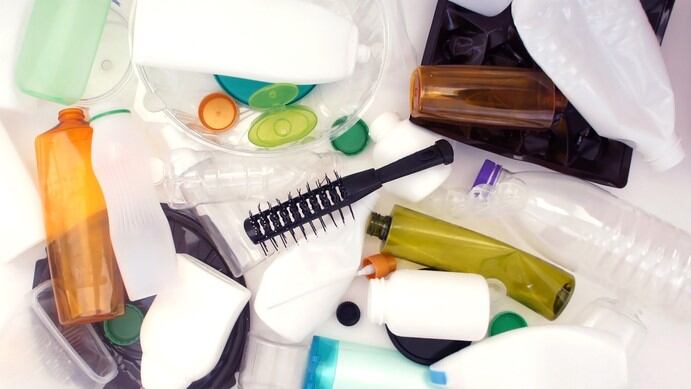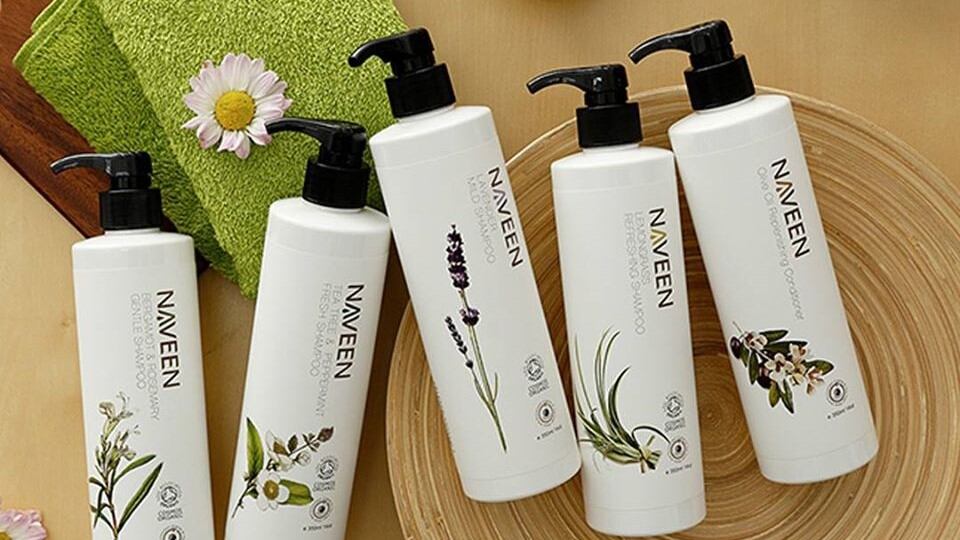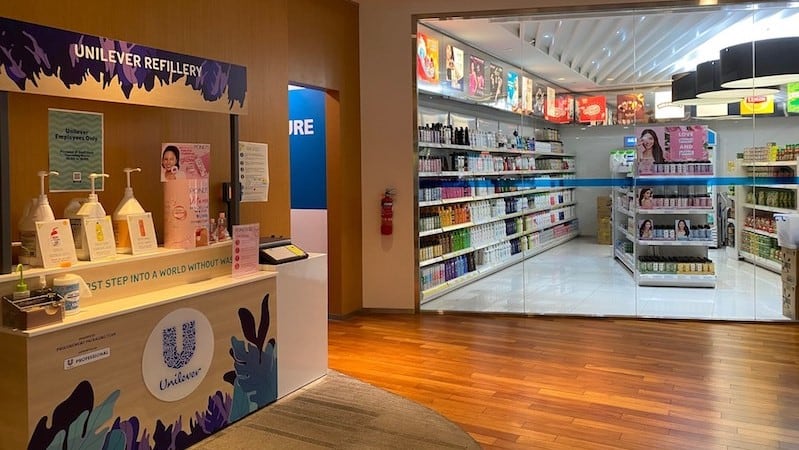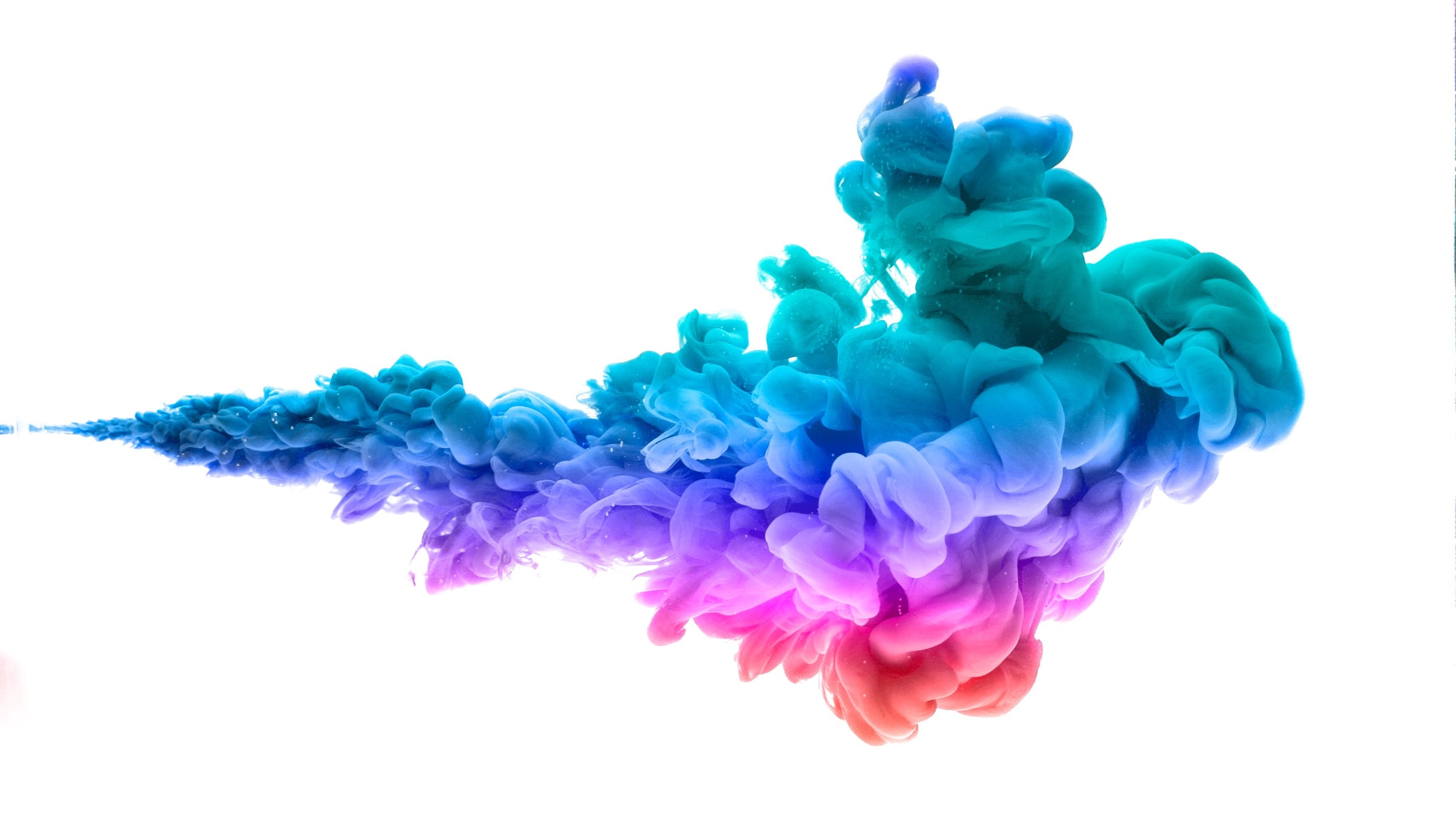In a bid to reduce its plastic waste production by half, and double recycling rates to 70% by 2030, South Korea has enforced regulations banning the usage of hard-to-recycle plastics such as PVC.
This Act is applicable to all products available in South Korea, including local and imported beauty brands.
The Act on the Promotion of Saving and Recycling of Resources was announced back in 2018 by the South Korean Ministry of Environment (MoE) following China’s announced an import ban on 24 types of plastic waste from January 2018.
The act, implemented by MoE in December last year, also classifies packaging materials into four recycling grades: excellent, good, normal and difficult.
Cosmetic companies have been given a nine-month-long grace period to comply with this grading rule, which will be enforced come September 24 this year.
Chemlinked analyst Hedy He believes this regulation has placed an enormous burden on cosmetic companies, especially smaller firms.
“Small enterprises that produce multi-category products must attach grade marks on the product. The manufacturer or importer must all bear any expenses associated with testing by KEC to obtain the grade evaluation results. This is likely to translate to a price increase on affected products.”
The tight deadline has further intensified the pressure, she observed.
“The Act requires to label the grade mark on the packaging, but the nine-month grace period is too short. Cosmetic enterprises will be under severe pressure.”
Regulating creativity?
Furthermore, He questioned how the regulation would affect the creative freedom of cosmetic manufacturers in regards to packaging design.
“The reason why K-Beauty is popular is that the visual part conforms to the latest fashion trend. Use of creative containers or packaging materials will be more challenging due to this Act.”
Conversely, Kathryn Sloane, director of growth for APAC, Middle East & Africa of branding agency SGK International, believes that we are about to see an ‘explosion of eco-friendly innovation’ from the K-beauty scene.
“South Korean beauty brands are recognised as the most innovative – and fast-paced – in the world. In spite of their now infamous 10-step beauty routines, K-Beauty brands are in some ways already leading the region in ‘green’ beauty,” said Sloane.
For instance, she said, K-beauty behemoth Amorepacific has committed to recycling 100% of its empty bottles by 2025.
This is being driven by shifting consumer attitudes towards consumer safety and eco-consciousness across all categories – from personal care to home care.
“Gen Xers and millennials view sustainability as a shopping priority – and South Korean youth are no different. The latest ‘skip care’ trend in South Korea has turned the multi-step routines on their heads, where consumers focus on purchasing only the most essential skincare products for their needs,” said Sloane.
With the rapidly rising consumer interest in all things eco, coupled with the early-adopted attitude of K-beauty companies, Sloane believes cosmetic companies will rise to the challenge of this new regulation.
“As Ogilvy famously said: ‘Give me the freedom of a tight brief’… South Korea is the hotbed for beauty innovation globally. In comparison with European, American and Japanese cosmetic companies, Korean manufacturers have the NPD process nailed,” she said.
“Shorter turnaround times enable greater exploration with formulas, dispensing, application – and, you guessed it, packaging. They are the first to try out new ideas – refillable, stackable, and multi-use functionality.”





